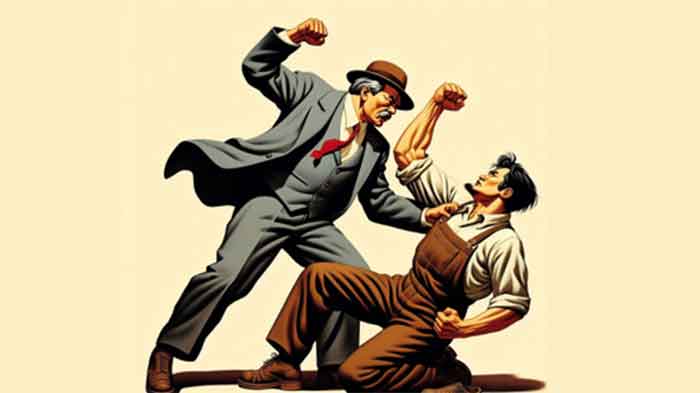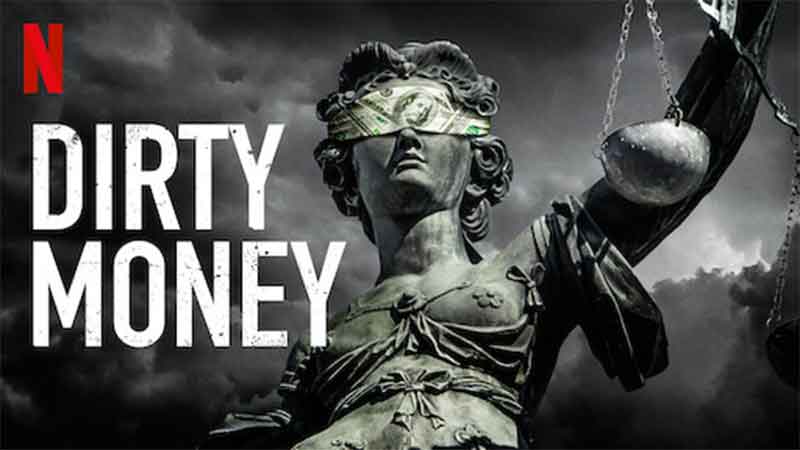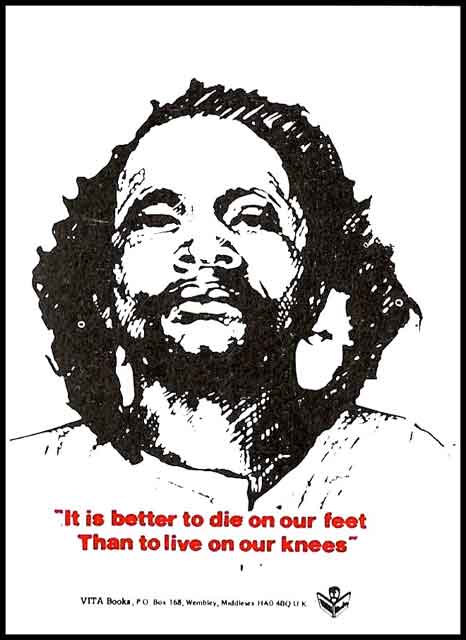
In all societies and social groups, there are rules not only about what can be said but in fact what can be thought. In the West, this has strong tones in the professional world, in which some things are so sacrosanct as to be verboten. The more unsayable a thing is deemed to be, the more it needs to be said. The same with thoughts- the more unthinkable something is, the more it should be thought. And thought. And thought.
This idea was described – at least on the surface- in the movie Jerry Maguire. The eponymous character, a rising star in a sports agency, had a frightening thought one night- that his entire profession was on the wrong track, even immoral. He quickly wrote a long memo about reforms the industry needs and distributed it to all his colleagues and superiors. That same day, he is fired and loses all but a few of his clients. As he walks out the door with this banker’s box, only one person joins him in solidarity. To have a “Jerry Maguire Moment,” is to do something ethical or honest that precipitates the end of a job or even a career. But it also opens a new moral and personal vista.
Of course, the movie did not go far enough. The criticism leveled by the protagonist was of one industry only and that too about how it could be reformed not revolutionized. It was not about the prevailing structures that at once create billionaires and paupers. One doesn’t expect deep analysis in a Hollywood movie and the lack of thoroughgoing analysis hardly diminished the entertainment value of a great film.
But it points to a stark reality- that even dissent in the professional world is contained, confined in a bottle. Dissent in the corporate world has to be “decent” and manageable. It doesn’t mean that some change is not possible, but when that change challenges the central tenets of corporate existence and organizational life, it is snuffed out early. Naturally- redounding to the mind-bending power of Capitalism and corporatist “thought”- very few actors even consider fundamental challenges. Because they are bought into the game. When they challenge something, it is almost always so that they themselves can get a leg-up.
People in the corporate world will bristle at these claims. Most will point to some action they took or some action a colleague took that they deem fundamental, risky, and even heroic. They’ll do so for the very reasons we discuss; that they do so is a symptom of the deep rot in corporatist thinking.
Lest anyone believe that this is partisan screed, let me put that to rest. The ignorance and pusillanimity is shared alike by Corporate Liberals and Corporate Conservatives. Lest anyone believe this is an attack on “Wokeism” – with regard to what cannot be said—that explanation can be put to bed. The Woke and Unwoke- alike march to the beat of the same drum major. Both love self-censorship.
It is fine to have “issues” at the margins but not to attack the center. You can’t even think about attacking the center. Even otherwise critical people lose all of their senses when exercising corporatist thought.
On the list of prohibited thought and speech—
1. Challenging the notion that the corporation has the “right” to maximize profit.
2. Challenging the notion that profit-making/money is the best motivator for innovation and action.
3. Suggesting that all the enunciated “corporate values” are smokescreens and create a false consciousness.
4. Suggesting that “beating the competition” can actually be bad for society.
And many, many others.
There are other orthodoxies that must remain unquestioned, though of course some (few) people allow themselves to quietly dislike them—
1. Contemplating the irony when executives say “people are our most important asset” while simultaneously referring to ‘cutting the fat” when they choose to lay people off. To a thinking, moral type, the notion that a person is an “asset” or simply “fat” would be inconceivable.
2. Agreeing that companies “had to” make job cuts. When people do “bad” things, it because of individual “choice;” when executives do bad things, it is because they “had to.”
Which brings us around to one of those things you can’t say- to do so would constitute a REAL Jerry Maguire moment that could get you (me) canceled—
I was struck by the analyses of the latest round of Big Tech layoffs. Most people I know in the industry said that things akin to “well, we grew too fast in the Covid years” or “Well, we cut a little deep but we had to do it.” The use of “we” is both risible and alarming. Those who don’t get the axe associate with the axe wielder not with those who have their necks chopped. As for those who got let go, we are supposed to have enormous sympathy. The real question is, in the last round –when others were let-go– did these very people justify that with corporate-speak about “cutting the fat?” If so, then why suddenly should we have sympathy for the people who believe righteously in the very system that just set them adrift?
Originally published in Substack














































